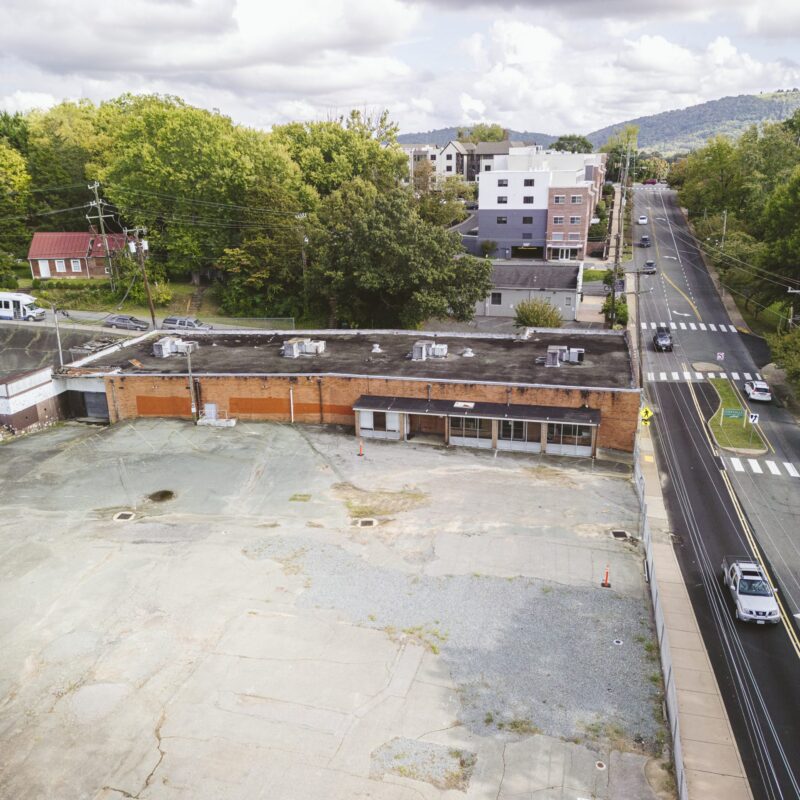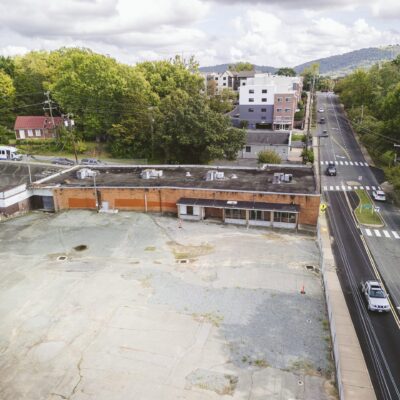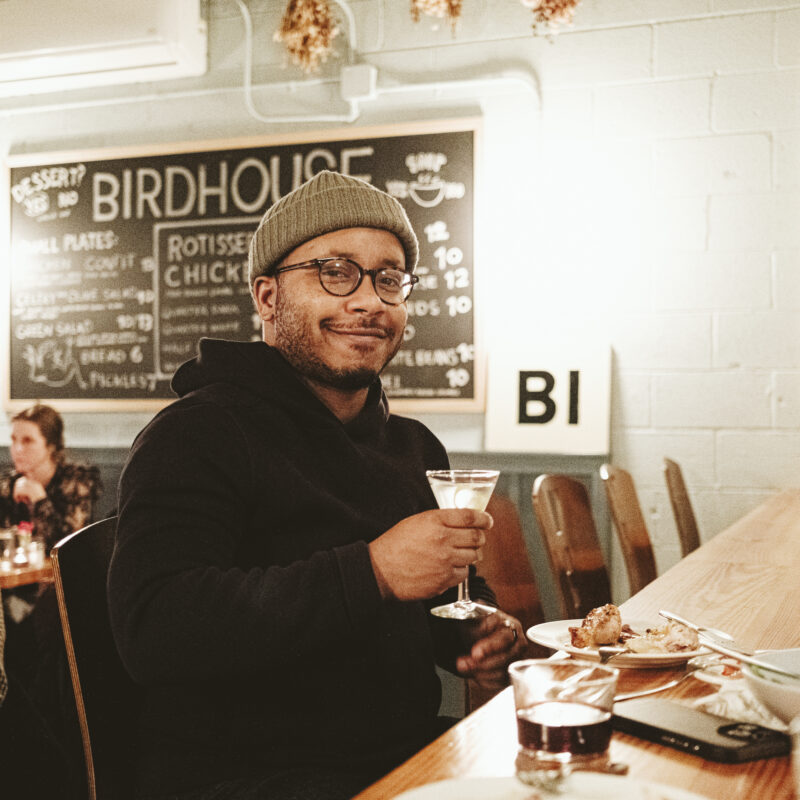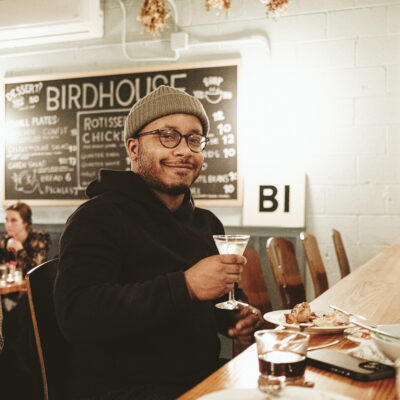"No one will want you with a bloody bozo."—Beck, "Rollins Power Sauce"
Earlier this week I watched American Hardcore: A Tribal History, a documentary about the faster, louder spawn of punk rock from 1980-1986. (They don’t have it at Sneak Reviews, but you can find the film and the book at Amazon). American Hardcore does a few things particularly well: It maps the turf and characters of the numerous hardcore scenes, from Black Flag in Southern California to Minor Threat in Washington, D.C. to Negative FX in Boston, and gives you a fair idea of how the social and economic conditions in each city informed the mentality of each band.
Now, let the battles begin!

The hardcore movement could honestly be summarized in, oh, let’s say 90 seconds: Imagine a giant game of "King of the Hill"—no, not that "King of the Hill"—in which a gaggle of angry, middle-class, suburban white males pummel each other to hold control of a single microphone. Hardcore was about manipulating social energy and, with so many people eager to passionately put forth an agenda, that energy often turned sour and led to a few brawls.
One of my favorite music stories of the past year is a piece in Rolling Stone called "Punk Rock Fight Club," about the murder of a 25-year-old at a hardcore show that many suspected to involve a hardcore gang dubbed FSU—"Friends Stand United," or, alternately, "F%$# S%$# Up." Now, there were certainly problems with the harcore movement that American Hardcore either mentions (almost no girls) or omits (debatable connections to American skinheads and gang mentality). But for the most part, violence at the start of the movement seems like it was specific to certain regions, peaking in Boston and New York City.
For me, the regional focus of American Hardcore does a lot to fight the idea that certain types of music encourage violence and general disarray. Honestly, I feel like the East Side/West Side debate in hip-hop fostered violence among listeners about as much as East Egg and West Egg did in The Great Gatsby. But I’m happy to hear opinions to the contrary.
And, while we’re talking punk battles, reputable wild man Jay Reatard is confirmed to play Outback Lodge the same night that Billy Bragg plays The Paramount Theater. Fight! Fight! Fight!



